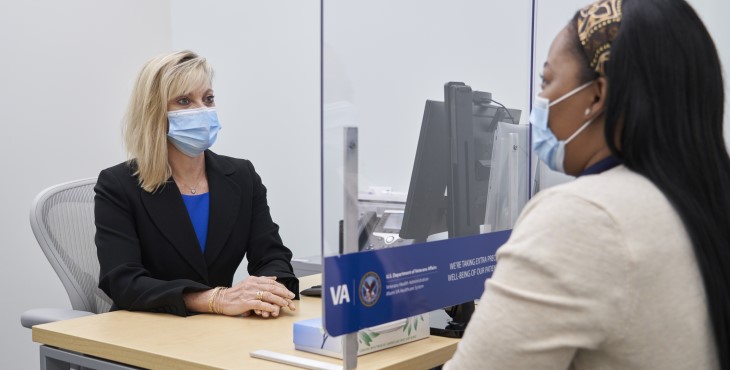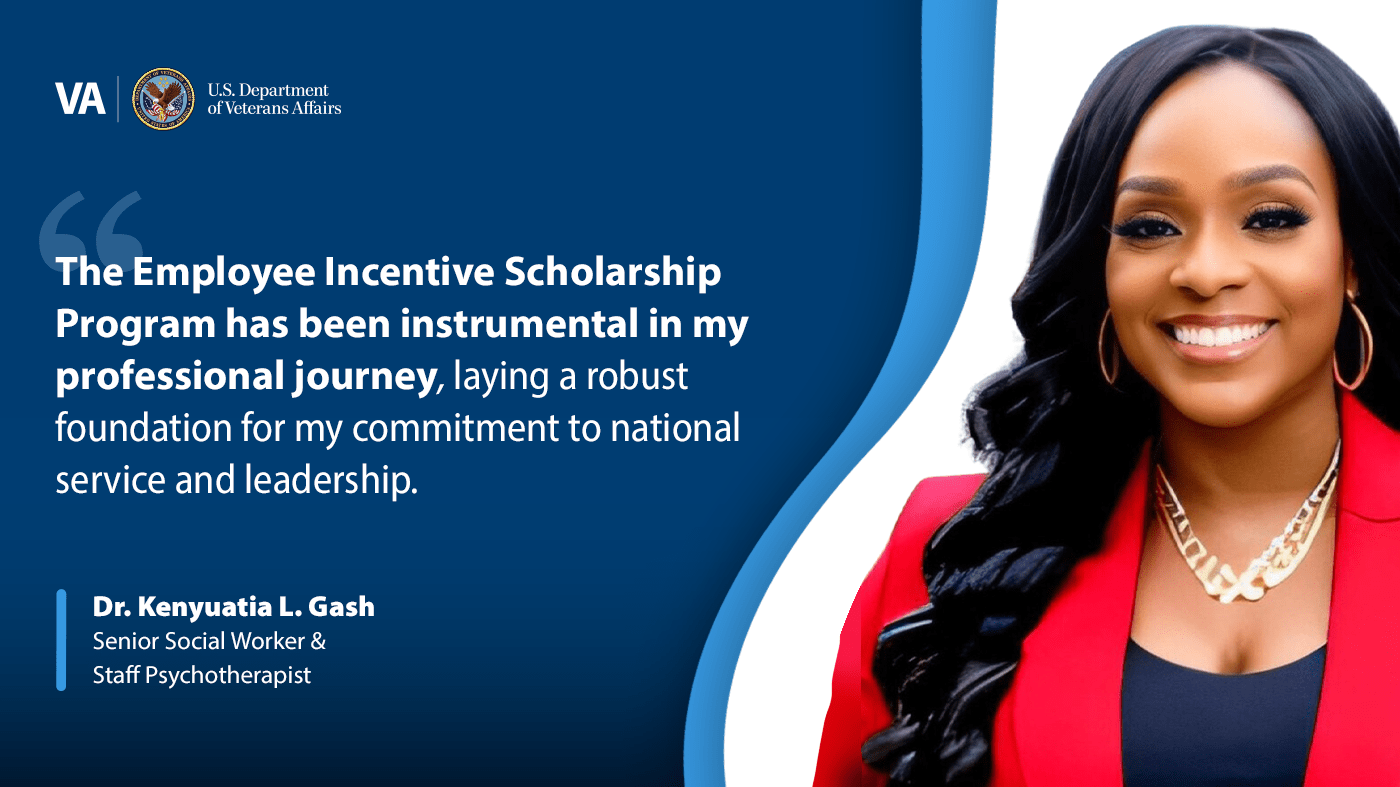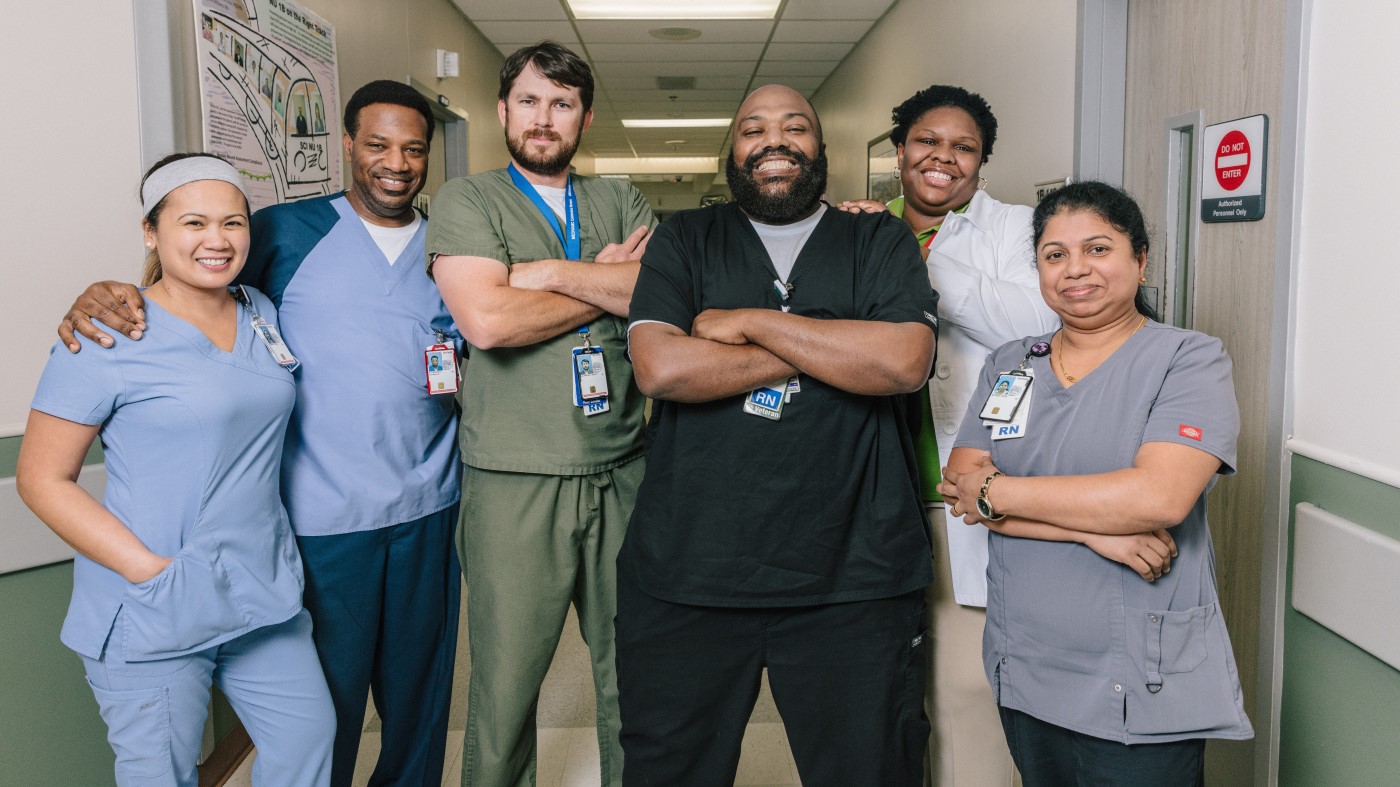When you’re looking for a new job, you want to use all the tools at your disposal. And one of the most effective items in your toolbox is often overlooked: networking.
“Networking can take your strategy to the next level,” said James Marfield, associate director of national recruitment service at VA. “Most notable industry experts will affirm that networking is the no. 1 approach to landing a job.”
Widen your circle
While it’s tempting to rely on applications sent through free online job boards to do the heavy lifting in your job search, “there is still a lot of value in knowing people at the organization” where you want to work, Marfield said.
“Any time spent networking is time well spent, regardless of if you are looking for a job or happily employed and looking to expand your influence, reach or industry knowledge,” Marfield said.
When you apply for a federal job, like one at VA, you’ll find there are more rules and regulations governing the recruitment process.
But there are no rules against making connections at VA while you’re job searching. These connections can be especially helpful if you qualify for a special hiring authority or are a health care professional who can be hired outside the traditional competitive hiring process.
Making connections
So how do you go about expanding your career network?
When possible, try to make an in-person connection. It’s hard to replicate that dynamic on a virtual platform.
Consider joining a professional association – especially those that could include VA employees – or volunteer at a VA Medical Center or a National Cemetery Administration (NCA) cemetery.
LinkedIn is also a great place to connect with professionals in your industry. Many recruiters in the private sector, and some in the federal sector, advertise openings on LinkedIn and use it to find talented people with the skills they seek.
Getting to know you
Once you’ve found someone to connect with, make sure to approach them correctly. Be yourself, be respectful and be clear about what you’re looking for without burdening the person.
For example, you could introduce yourself to a hiring manager or human resources professional that works at a VA Medical Center. Ask if they have time for a quick chat.
If so, quickly describe your credentials and job interests, along with your goal of being considered non-competitively or competitively for current or future job opportunities. You could also ask if it’s okay to email them a resume and supporting documents to be considered for future positions, but don’t insist or appear pushy.
“If the contact responds with apprehension, or is unaware of how to assist you, I recommend shifting the conversation to their perspective of working at VA and if they could offer any advice based on their personal experiences,” Marfield said.
“The key here is to be emotionally intelligent and to recognize if you are being too pushy or taking too much of their time,” he added.
You could also exchange business cards. Consider including your key credentials and the positions that you’re seeking on the back of your card.
It’s OK to follow up with your contact a few weeks later, but don’t be too aggressive.
“There is not a magic number here, but a good rule of thumb is to follow up with contacts at least twice,” Marfield said.
Work at VA
There aren’t any downsides to increasing your career network at VA. Even if you’re not actively searching for a new job right now, making connections can only help your career.
- MEET us at a virtual event.
- FOLLOW us on LinkedIn.
- VISIT va.gov.
- HEAR from VA employees.
Topics in this story
More Stories
Through programs like the Employee Incentive Scholarship Program (EISP), VA employees like Dr. Kenyuatia L. Gash have received financial support in pursuit of their education.
Providing better outcomes for diverse Veterans means finding ways to reach them, whether on a personal level or on a geographic level.
As a chief of staff, you’ll have many important responsibilities, but also an opportunity to make positive change for our team and the Veterans we serve.






